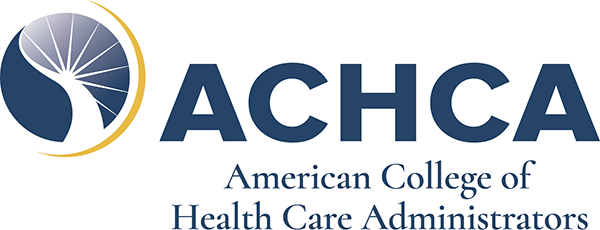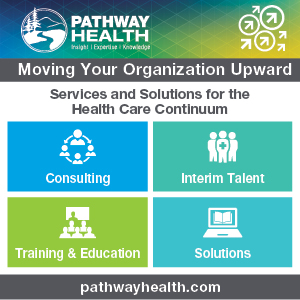Catastrophic Reactions and Aging
The researcher Goldstein, coined the term “catastrophic reaction” to describe the overreaction to minor stresses which occur in patients with advanced dementia. It is precipitated by fatigue, overstimulation, an inability to meet expectations, and persistent misinterpretations. According to Goldstein, “When the environment is misperceived and one feels threatened, the following signs are noted:
|
|
|
|
|
|
According to the researcher Mace, “Intervention becomes necessary to avert or minimize these reactions.” Any sudden deterioration in cognitive function with worsened behavior should be considered as a warning that the patient may be physically ill and will act out.



